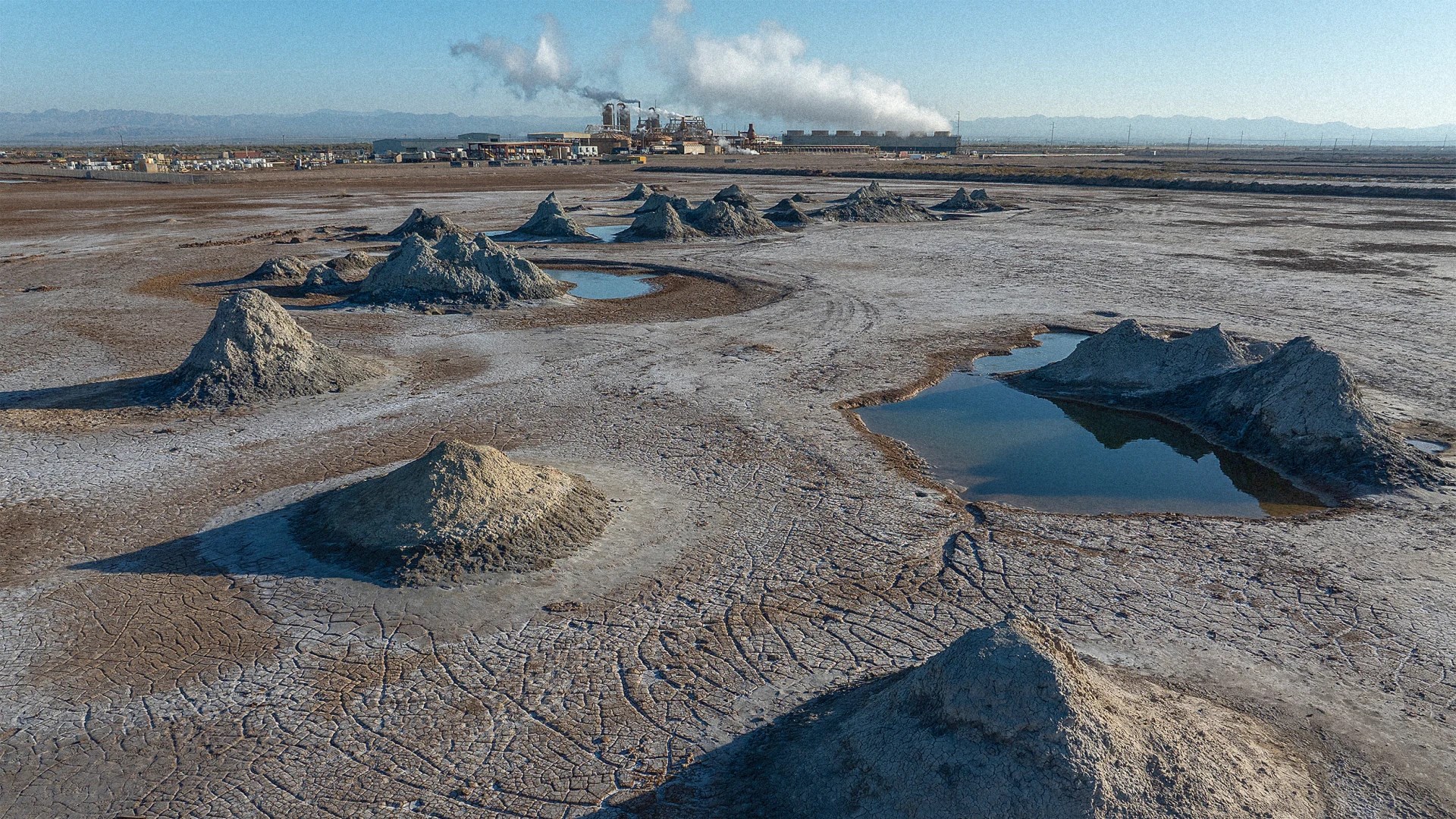 Researchers from the Penn State University in the United States have developed a new method to ensure that lithium, a critical material for electric vehicles and portable electronic devices, to be removed more environmentally and efficiently. Using an electro-chemical process, this technique offers 92.2 percent efficiency compared to traditional methods, while reducing carbon emissions by 75 percent.
Researchers from the Penn State University in the United States have developed a new method to ensure that lithium, a critical material for electric vehicles and portable electronic devices, to be removed more environmentally and efficiently. Using an electro-chemical process, this technique offers 92.2 percent efficiency compared to traditional methods, while reducing carbon emissions by 75 percent.A new era in lithium production
Today, lithium is usually obtained in two methods: evaporation of large salt lakes or dissolving the lithium ore in the rocks with acids. However, both methods cause very serious problems. Lithium removal from salt lakes causes large areas to dry and ecosystems, while the process of removing the rocks requires high temperatures and abrasive chemicals.
The new electro-chemical method developed by the Penn State team offers solutions to these problems. The process can efficiently distinguish lithium ions with electrical current and hydrogen peroxide without the need for high temperatures or intensive chemical use.
Feifei Shi, Professor of Energy Engineering, one of the chief researchers of the study, emphasizes that the new method can radically change industrial lithium production, while one of the biggest advantages of the new system is 35.6 percent lower than traditional methods. In addition, since the process is based only on electrical energy, it seriously reduces greenhouse gas emissions by eliminating natural gas.